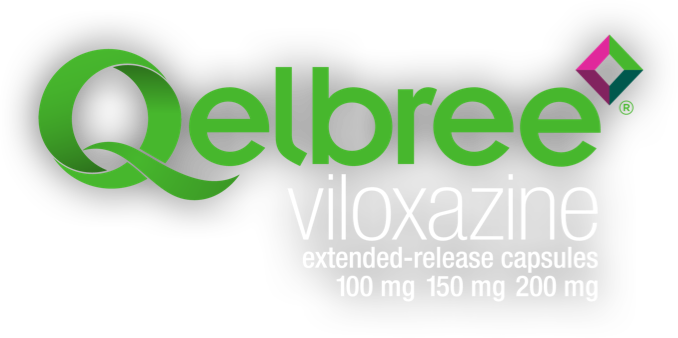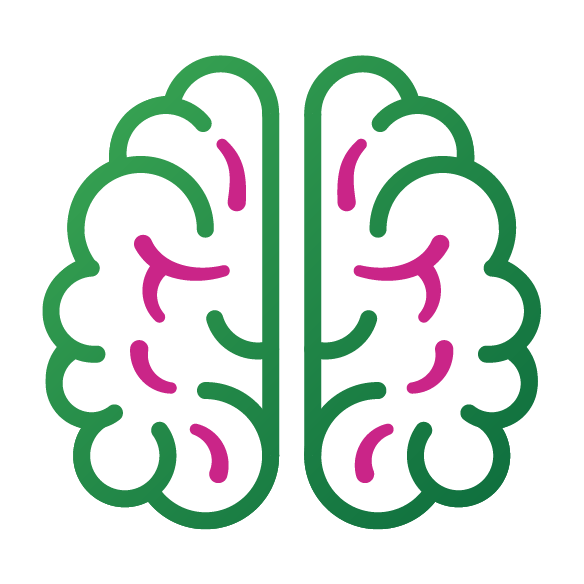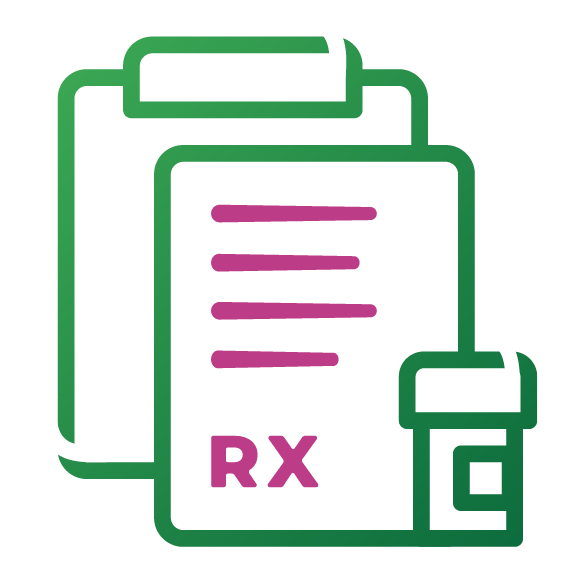
Talking to your doctor
One of the best steps you can take in better understanding your ADHD treatment options is having an open and honest conversation with your doctor.
Preparing for the conversation
A good conversation starts with even better preparation
Doctor appointments are an opportunity for you and your doctor to connect on your treatment plan and overall ADHD management. But they can also be a bit overwhelming, and can be over before you realize it.
It can be easy to forget things you wanted to discuss when walking into your doctor’s office, so a bit of planning ahead can go a long way.
Here are some key topics to focus on before you attend your next appointment:
ADHD Impact
- How has ADHD impacted your life since your last appointment?
- Has anything changed?
ADHD Treatment
- If you’re on treatment, do you feel like it’s helping?
- Are there parts of your current treatment that you’d like to change?
- Would a non-stimulant treatment be appropriate for me?
ADHD Goals
- What do you most want to see change about your experience with ADHD?
- Is there more you would like out of treatment?
Family Planning
- Are you a new mother or mother-to-be with ADHD?
- Learn about Qelbree and lactation >
Preparing for the conversation
The Qelbree Doctor
Discussion Guide
The Qelbree Doctor Discussion Guide can help
To help you better prepare to have a productive conversation with your doctor, the Qelbree Doctor Discussion Guide helps you identify core topics for discussion before your next appointment.
You can save your results and have them at the ready when you step in the office for your next visit.

The partnership I have with my doctor is
invaluable
Talking to your doctor about non-stimulant Qelbree
Qelbree is the first non-stimulant approved for adult ADHD in over 20 years and could be an option to treat your ADHD.
Qelbree works
Qelbree has been shown to significantly reduce the symptoms of ADHD in a clinical trial
Qelbree is not a controlled substance
Qelbree shows no evidence of abuse or misuse, and is unlikely to have negative interactions with commonly used stimulants
Qelbree can fit your schedule
Qelbree can be taken once a day with or without food at any time and may be available for 90-day refills without a new prescription each month
Change can be a good thing
In fact, most patients taking Qelbree were prescribed Qelbree because their previous ADHD treatment plan needed a change.

Already diagnosed or think you may have ADHD?
Starting a new medication can be an important step towards managing your ADHD. Your doctor may have samples of Qelbree available at your next appointment to help you get started.
Contact your doctor to set up an in-person or telemedicine appointment to request a sample of Qelbree.
Savings and
resources
Learn more about the resources available to you with Qelbree.






